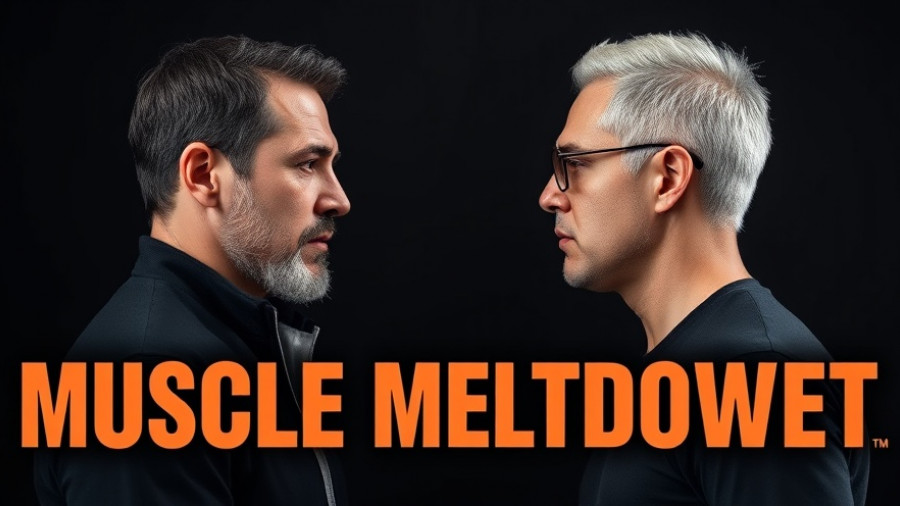
How Earthworm Health Reflects Broader Soil Issues
Recent studies have illuminated a troubling reality about soil health that has implications for agriculture, human health, and environmental policy. Earthworms, integral to the soil ecosystem, are finding themselves adversely affected by pesticide and herbicide exposure. Evidence suggests that they begin to experience seizures at pesticide levels far below what regulatory bodies deem acceptable—specifically, 300 times lower than the maximum allowable threshold. These revelations challenge the assumption that our soil and food systems are healthy.
In 'American soil is making you sick,' the video analyzes alarming findings regarding pesticides that lead to severe effects on earthworms, prompting a more extensive look into soil health and its implications for our diets.
The Ripple Effect: Soil, Food, and Human Health
If earthworms are affected, what does that spell for the crops that depend on them? Pesticides not only harm these crucial organisms but also threaten the minerals found in the vegetables grown in contaminated soil. A decrease in essential nutrients could have a cascading effect on human health, impacting everything from our energy levels to our longevity. For those invested in health optimization, understanding these connections is vital.
Implications for Sustainable Agriculture and Public Health
The current model of pesticide regulation, spearheaded by the EPA, focuses predominantly on honeybees while neglecting the myriad of other soil-dwelling organisms that sustain our ecosystems. This lack of comprehensive oversight not only undermines food security but could be seen as a significant public health oversight. The public outcry for accountability—echoing calls for reparations against the companies responsible for these chemicals—reflects a growing demand for sustainable practices in agriculture.
Taking Action: What Can Be Done?
For those who prioritize longevity and overall wellness, a focus on clean eating and the health of our food sources is imperative. Advocating for organic and sustainable farming practices can eradicate the cycle of chemical exposure affecting our soil and, ultimately, ourselves. Engaging in mindfulness meditation and cold therapy can also empower individuals to make proactive health choices while understanding their surroundings better.
Your Role in Creating Change: Individual choices matter in this collective journey toward wellness. It’s essential to hold corporations accountable and to educate ourselves on the implications of the chemicals we permit into our ecosystems. By merging nutritional supplements with mindfully sourced foods, we can foster a healthier environment and body. As we consider innovations such as biohacking and other anti-aging strategies, knowing the root health of our soil will guide our approaches to human optimization.



Write A Comment